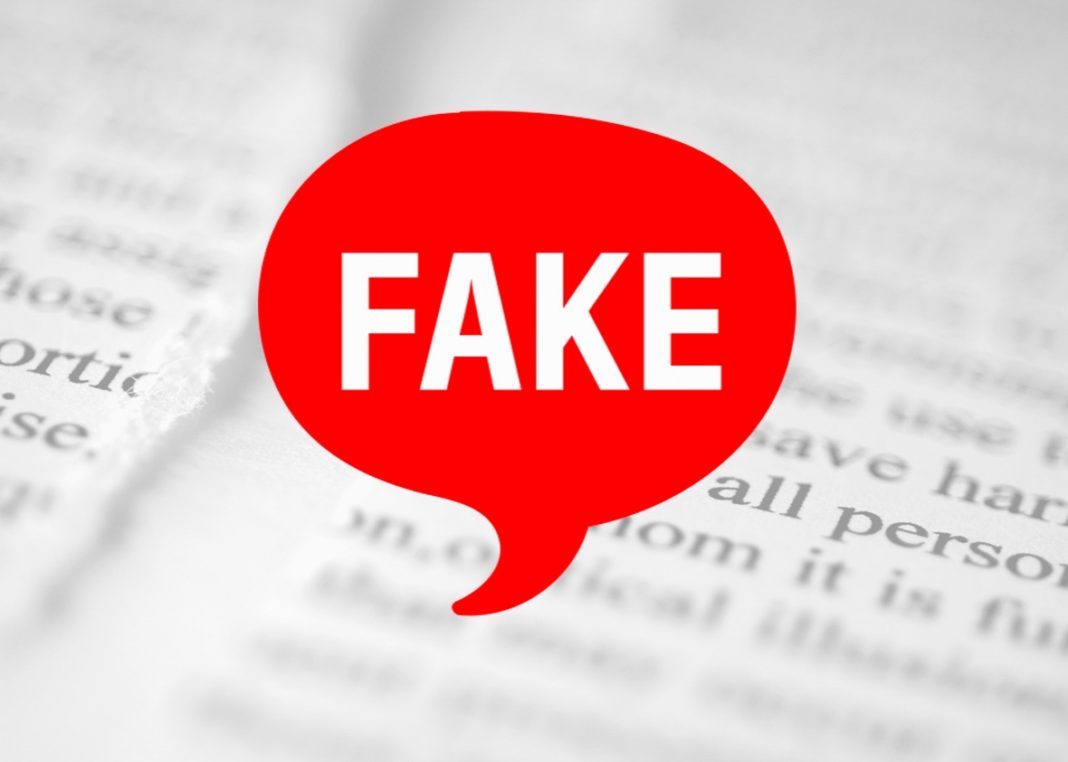Artificial intelligence (AI) wins again! Following the shambles of all the fake news stories surrounding the 2016 election, Karan Singhal (and many others in the world) set to work trying to find a way to stop these monsters from spreading rumors. But unlike most other companies seeking to find a way to stop it, Singhal focused on using AI and neural networks to overcome the issue.
His creation comes in the form of the Fake News Detector AI, which is both a website and Google Chrome extension and its purpose is to sniff out fake news sites. The way it works is by using neural networks to dig underneath a particular website, examine it, and determine whether it’s a valid news site or not. So far, the results of the Fake News Detector have been pretty accurate at 99.7 percent successful.
Facebook, on the other hand, are taking a different approach to fake news with their promise to integrate systems to spot it, while also tapping human sources for the purpose of fact-checking. Just last week the social media giants started offering its news feed service on a subscription basis that promises public service announcements to try and counteract the effects of fake news.
While more and more people are getting their news from social media sites, it’s important that these sites are displaying accurate information. The problem is that it isn’t, and a recent Ipsos Public Affairs Survey confirmed that an alarming 75 percent of Americans recognized fake news headlines to be accurate information.
Singhal’s approach would mean less bias. He says, “In-house human fact-checking cannot be the solution to Facebook’s fake news problem. Human fact-checking should certainly perform better than an algorithm, but fake news sites are popping up all of the time, and it’s insurmountable time-consuming and costly to check every site shared on Facebook.” Singhal admits that the system has not yet been perfected, and more tweaking of algorithms will be done, as will the adding of more sites periodically.
The Fake News Detector is a good idea, and once it’s been perfected so that it’s foolproof and capable of checking individual articles, it will become very sought after indeed. But, so far the algorithm is unable to fact check, so at least for now human intervention will still be needed. If you want to check out the Fake News Detector for yourself, it’s available on the web to download, so why not give it a go and see if what you’re reading is real or not.
More News To Read
- Breakthrough in Parkinson’s Treatment Could Come from a Single Protein
- Scientists Found a Way to Heal Wounds With Regular Skin Instead of Scar Tissue
- Beware of the Unstoppable SuperBugs that Highly Resistant to Antibiotic
- Pioneering Stem Cell Technique Promise Muscle Regeneration Without Cancer Risk
- On 2022 We Might See a Supernova With Our Naked Eye











